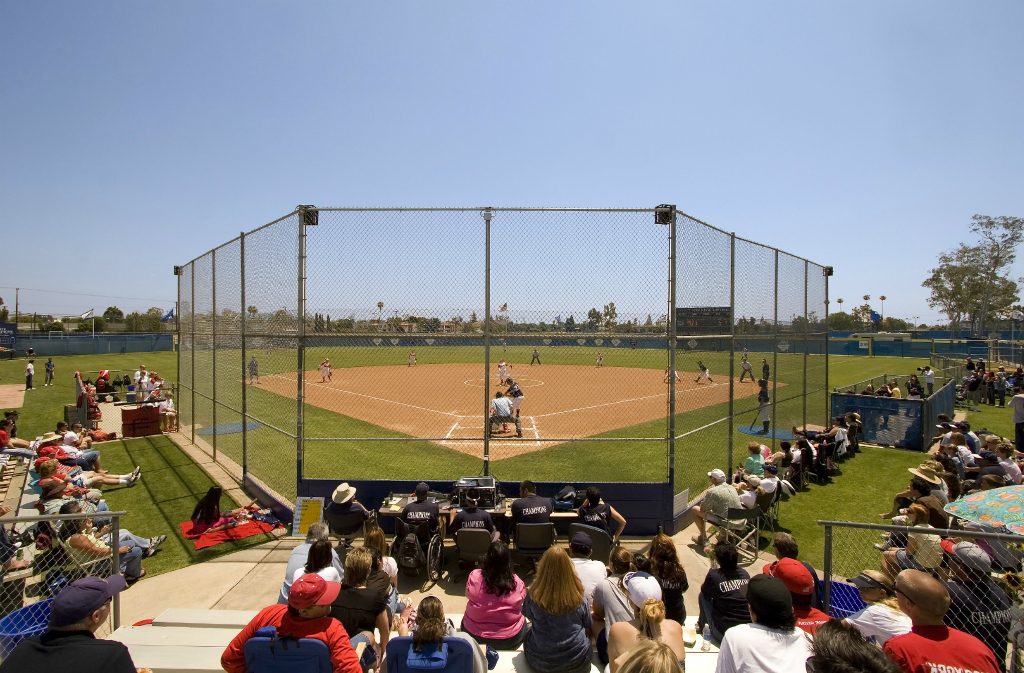The 8 Things You Need To Know To Raise Successful Athletes
The 8 things you need to know to raise successful athletes. Grand Valley State Assistant Professor Dr. Jon Coles interviewed collegiate student-athletes playing different sports and from different socioeconomic backgrounds about their youth sports experience. His goal was to find out the effect their parents had on their sports lives and what worked and what didn’t work in raising successful athletes. Here are the biggest takeaways from his research.
8 things you need to know to raise successful athletes.
#1 Those who thought they had the best youth experience had parents who didn’t play their sport.
The majority thought that if the parents know too much, they try to coach. In high school, they don’t want a parent who coaches. They want a parent who provides support and unconditional love. I had one female say, “I was much better off than my teammates because my parents had absolutely no clue about my sport.”
#2 Moms are better than dads in stressful sporting situations.
In recruiting showcases and high-level tournaments, dads generally want to coach and prepare their kids, while moms want them to try their best. Moms were a much more calming influence on the subjects than dads.
#3 Parents should be less involved as the sport becomes more serious.
They wanted their parents involved at the basic youth level when the goal was fun and participation. However, as they got to the 8th-grade level and high school when it became more serious, they didn’t want as much “game talk” from their parents.
What if you DON’T Love To Watch Them Play?
#4 Parents and their kids should have more meaningful discussions about goals.
They wanted their parents to know what their goals were at each level and how the parents could support them. Each participant remembered one specific serious sit-down discussion in which they told their parents about their goal of playing in college.
#5 Don’t dissect and discuss the game unless the athlete initiates it.
Particularly, when the student-athletes were in high school, they (especially the women) did not enjoy talking about the actual game at dinner/post-game. This is something that a lot of the experts have been saying for years and was reinforced by the participants. A female athlete said it best, “I don’t think my dad realized that I talk about the game during school, before the game, during the game, and after the game with my coach and teammates. In the end, I’m burned out. I don’t want to talk about it anymore.”
#6 Kids should play multiple sports growing up.
They were adamant about this. I had one participant whose father made her choose a sport in middle school, and she burned out. She quit playing for over a year. She told her father that if she started playing again, he couldn’t be involved.
#7 You can’t want it more than your child!
Over-involved parents are the ones who want it worse than the participants do. Yes, all but one participant said this was a problem. If they want it more than the kids, they are too emotional about it. When the student-athletes see the emotion, they get panicked and feel pressure.
#8 Student-athletes can’t be manufactured.
Optimal parents support but don’t push. Collegiate student-athletes can’t be manufactured. Every single participant said that the drive that it takes to compete at the college level…not everyone has. It’s something in you, and parents cannot create it. Just because a parent had a great experience as a collegiate or high school athlete doesn’t mean their kids want the same thing, and it’s important to realize that.
More articles from Ilovetowatchyouplay.com that you might like:
My Daughter Quit Sports, And This Is What Youth Sports Parents Need To Know
The 6th Man Is Actually The Parent
Kids Tell Us The Truth About Sports Parents
9 Habits of Highly Effective Team Players
Are We Doing Too Much For Our Athletes?
